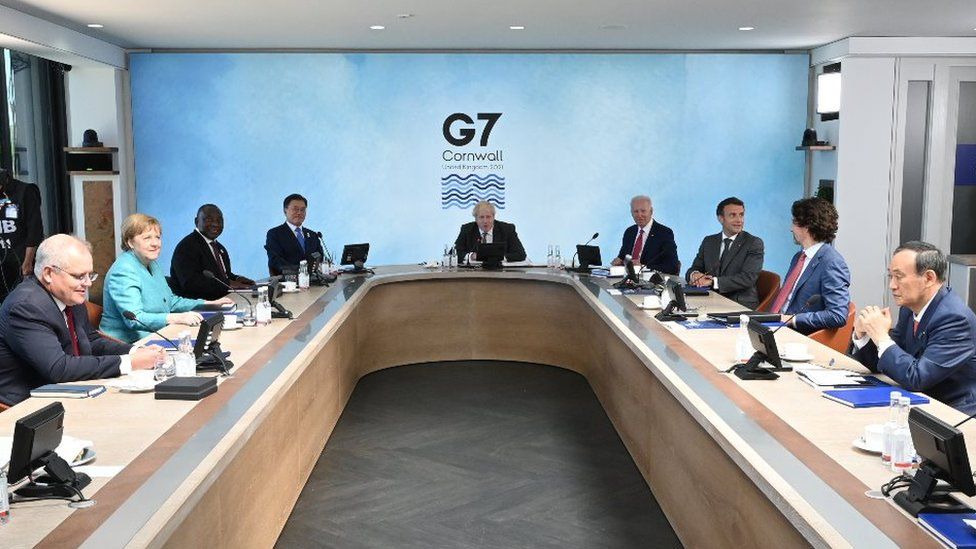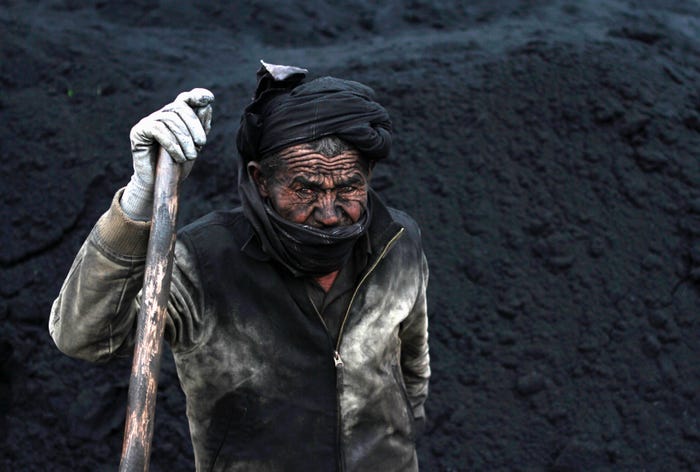Terrified at the trend of climate change, which is only likely to get worse, the G7 nations have agreed to step up action on climate change and renewed a pledge to raise $100bn a year to help poor countries cut emissions.
At the G7 summit in Britain, G7 leaders also promised to help developing countries move away from coal. India did not attend the summit, though invited, due to ‘technical reasons’, according to a spokesperson.
Some environmental groups said the promises made in London lacked detail. In fact, developed countries agreed in 2009 to contribute $100bn a year in climate finance to poorer countries by 2020. But the target was not met, in part because of the Covid pandemic.
Teresa Anderson, from Action Aid said: “The G7’s reaffirmation of the previous $100 billion a year target doesn’t come close to addressing the urgency and scale of the crisis.”
Climate change was the key theme at the summit in Carbis Bay, Cornwall. The G7 – which include the UK, US, Canada, Japan, France, Germany and Italy – committed to keeping the projected global temperature rise to 1.5C.
The commitment to help nations move away from coal power includes a plan to phase out coal burning unless it includes carbon capture technology.
The G7 will end the funding of new coal generation in developing countries and offer up to £2bn ($2.8bn) to stop using the fuel.
Coal is the world’s dirtiest major fuel and ending its use is seen as a major step by environmentalists, but they also want guarantees rich countries will deliver on previous promises to help poorer nations cope with climate change.
This is all double talk. Rich countries are not deterred from investing in fossil fuels. In 2020, G20 countries have committed over $230 billion in fossil fuel industry to revive the economy, compared to $150 billion in clean energy. The US, UK, Canada, Russia and India are pursuing major expansions in fossil fuel supply.
The world’s rich nations, which caused the climate crisis in the first place, know what’s expected of them – but they consistently fail to deliver in full.

Climate protesters at the G7 accused leaders of being “all mouth and no trousers”
Campaigners wanted G7 to follow the UK’s lead and announce a global phase-out of the sales of fossil fuel powered vehicles. The leaders agreed – but significantly – they didn’t give a date.
Some of the key proposals include:
Tighter emission limits for cars, which are expected to effectively end new petrol and diesel vehicle sales by 2035
A tax on aviation fuel, and a 10-year tax holiday for low-carbon alternatives
A so-called carbon border tariff, which would require manufacturers from outside the EU to pay more for importing materials like steel and concrete
More ambitious targets for expanding renewable energy around the bloc
A requirement for countries to more quickly renovate buildings that are not deemed energy efficient.
But the scale of the plan is breathtaking. It will likely have an impact on every citizen of Europe in almost every aspect of their lives. The scope is so huge because the target is so tough. Will politicians have the courage to push it forward is to be seen.
The ambitious package will now face months of negotiations with member states, with poorer countries wary of new policies that could raise costs for consumers.
Leaders feel that citizens will be willing to pay a price for cleaner air, lower emissions, and more sustainable lifestyles.
The rest of the world will watch this huge gamble with interest.
But Laurence Tubiana, the former French climate negotiator – a key actor in the triumphant Paris climate conference in 2015 – said: “In the face of a perfect storm of planetary crises – the world’s richest democracies have responded with a plan to make a plan.”
Shankar Raj

